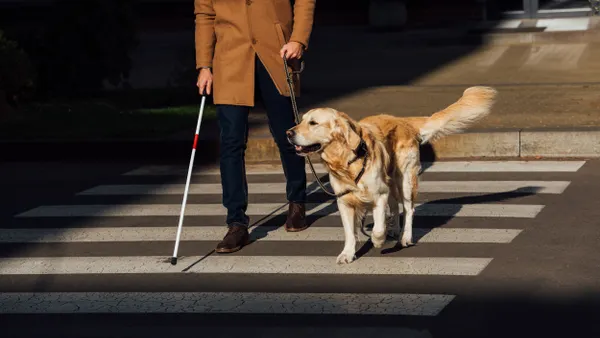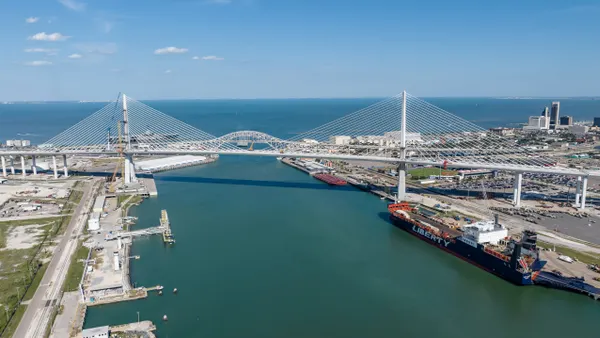Dive Brief:
- Consumer demand for electric and hybrid vehicles is up, with 41% of U.S. drivers saying they would consider an alternative to a gas-powered car for their next vehicle, according to Deloitte's annual Global Automotive Consumer Survey. That's an increase from 29% among U.S. drivers the previous year.
- Range remains one of the largest concerns among American drivers about electric vehicles (EVs), with 45% citing it as a reason traditional gas-powered cars are better. Nearly two-thirds of Americans surveyed said EVs need a range of at least 200 miles per charge before they would consider buying one.
- The survey also showed mixed feelings about autonomous vehicles (AVs), with 48% of U.S. consumers saying they believe they are unsafe and 58% saying they would not pay more than an additional $500 for a car that has AV technology.
Dive Insight:
At a moment of technological revolution for the auto industry, the Deloitte survey shows that consumers may still not be on board with some of the innovation being floated. That's especially true for AVs, where consumer demand remains low (in last year's survey, 50% of Americans said AVs would not be safe; the previous year it was 47%). More than half (51%) of Americans also said they are somewhat or very concerned with the idea of AVs being tested on the public roads where they live, even as AV companies try to expand their testing sites to new cities and states.
Joe Vitale, Deloitte’s auto sector leader, told Smart Cities Dive in an interview that some of that concern comes from media coverage of accidents in AVs, even though they are statistically much safer. Still, he said, it's incumbent on auto and tech companies to help consumers "get over the hurdle."
"Consumers have become more knowledgeable that this isn’t science fiction anymore. There is strong interest beyond just the 'wow factor,'" Vitale said. "But it really comes down to whether they trust that the technology will be safe."
Likewise, consumers seem interested in EVs, especially for the environmental benefits, but remain unwilling to pay higher premiums and remain concerned about charging infrastructure. Although more EV models are available and they have dropped in price over the past decade, federal tax incentives are beginning to expire, which could blunt sales. Likewise, more charging infrastructure could be needed to give consumers confidence about range, in line with other studies.
The rapid scales of change — including trends towards micromobility and away from car ownership — mean that auto companies will need to be more dynamic and partner with governments and tech companies, Vitale said.
"Consumers are expecting these changes to occur, but are not willing to pay for them. How automakers can get a return on investment and spend on this technology that may not provide immediate benefits, that is a really significant issue," he said. "No single company can do it on their own. This will require unique and non-traditional ecosystems to develop."









